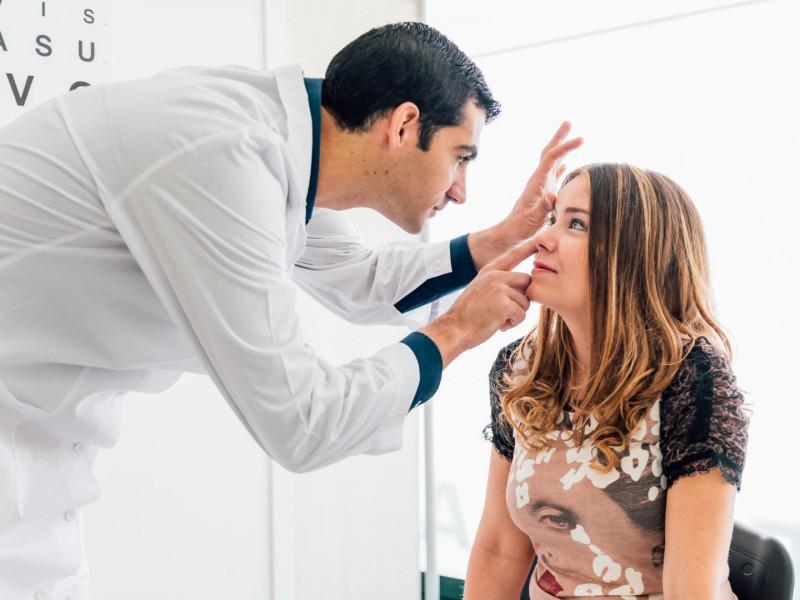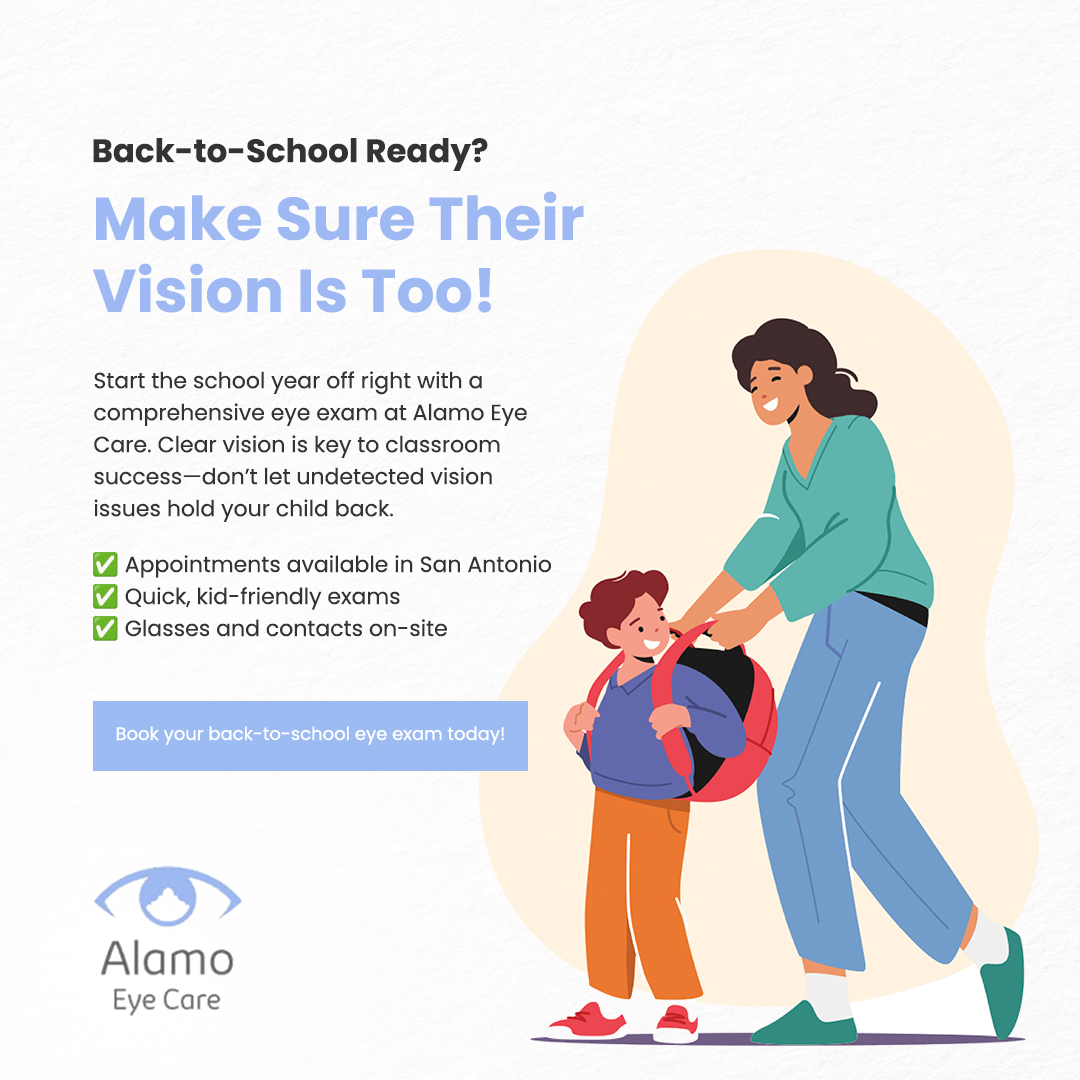
Just like other parts of your body, your eyes can become infected. Eye infections are relatively common, leading nearly a million people in the United States to seek medical treatment each year. Eyes become infected when harmful bacteria, a virus, or fungus has set in, either within the eye or in the surrounding area. Once you have an eye infection, it makes itself known quickly, causing symptoms such as: Burning, discomfort, or pain Chronic tearing up Discharge, from one or both eyes Feeling as though something is in your eye Itchiness Light sensitivity Swollen eyes and crusty lashes Tiny lumps at the base of your eyelashes or under your eyelid Especially common eye infections include conjunctivitis (“pink eye”), a style, fungal keratitis, microbial keratitis, and trachoma. Some factors that contribute to eye infections are beyond your control, such as already having sinusitis or having been exposed to a sexually transmitted disease at birth. Others, however, have a lot to do with your habits. If someone in your household has an eye infection, keeping their towels and bedding clean and avoiding sharing them can help prevent the infection from spreading. Everyone in the household should also wash their hands well and often, even once they’ve begun treatment.
Thankfully, most eye infections are quite treatable, so seeing a specialist early on is important. You can also take steps to prevent eye infections in the first place, or lower your risk for recurrences.
At Alamo Eye Care in San Antonio, Texas, Dr. Melanie Frogozo, Dr. Swati Kumar and their expert team provide comprehensive eye exams to keep your eyes as healthy as possible and address any medical conditions that may arise. Take a moment to learn more about eye infections, including lifestyle factors that increase your risk.
Eye infections 101
Lifestyle habits that fuel eye infections
Lifestyle factors that can pave the way to an eye infection include poor hygiene, being in close contact with someone who has such an infection, and taking improper care of contact lenses. If your hands come in contact with harmful bacteria, a virus, or fungus and then touch your eyes, for example, you could develop an infection.
The biggest risk factor for microbial keratitis is wearing contact lenses improperly, such as by wearing them overnight, not cleaning them well, or not replacing lens cases regularly. Poor contact lens care can also raise your risk for conjunctivitis.
Preventing eye infections
If you wear contact lenses, follow your provider’s tips for good hygiene, which typically include steps like washing your hands before handling your contacts and removing them before naps or longer sleep.
Even “breathable” contact lenses that are approved for wearing during sleep can increase your risk of infection.
To learn more about eye infection risks or to get the care you need, see one of our specialists. After a thorough exam, we can diagnose and treat your eye infection. We can also recommend proper habits to keep them away.
Call Alamo Eye Care at 210-469-9744, text us at 210-403-9050, or request an appointment through our website.








